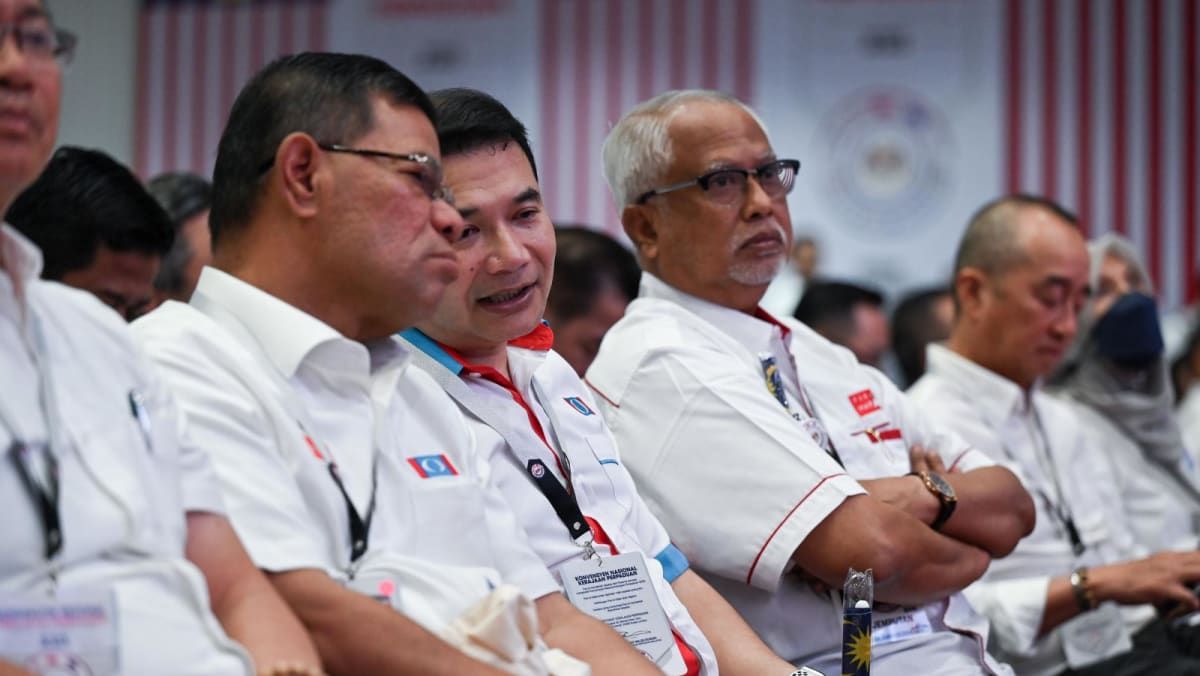CRITICAL JUNCTURE
The upcoming party polls come at a crucial juncture for PKR, an ethnic Malay-dominated multi-racial party.
While the party enjoys a pivotal position in national politics and its leaders occupy key Cabinet positions, such as the finance and home portfolios, PKR’s perch is seen to be wobbly, mainly due to Malaysia’s deeply fractured political landscape.
The general election in November 2022 failed to produce an outright winner and Anwar assumed the premiership only after his PH coalition led by PKR formed a unity government with the Barisan Nasional pact led by the United Malays National Organisation (UMNO).
PKR, which has 31 elected representatives in Parliament, relies heavily on its chief ally in PH, the Democratic Action Party (DAP), which has 40 Members of Parliament in the 222-member lower house.
Public support for PKR is also considered by political analysts to be hollow.
PKR officials claim that it has just over one million registered members, but political analysts noted that the party lacks a national footprint and struggles to attract support from the country’s politically divided Malays, who make up more than 60 per cent of the population.
Its core supporters are mainly from multi-racial urban and semi-urban communities.
“PKR’s big problem is that it has not used its incumbency as the lead player in government to build a power base that will make it a lasting political institution,” said Ibrahim Suffian of independent polling outfit Merdeka Centre, adding that the upcoming party polls “provides for a chance to create a new leadership that can focus on making the party a serious player”.
LACKING CLEAR IDEOLOGY?
The chief weakness afflicting the party is that it is bereft of a clear ideology, apart from being against corruption, abuse of power in government and cronyism.
This is unlike other established parties such as UMNO, which champions the rights of the ethnic Malay community, and the DAP, which has long fought for equal rights for all Malaysians.
Established in 1998 as Parti Keadilan Nasional, PKR was a product of the political fallout between former premier Mahathir Mohamad and Anwar, who at the time served as deputy premier.
Both men clashed over how to manage the country’s economic crisis during Asia’s financial turmoil that began in the summer of 1997 and that in turn led to Anwar’s sacking from government and subsequent conviction and jailing over corruption and sexual misconduct.
Public anger over Mahathir’s treatment of his erstwhile successor, particularly Anwar’s violent beating while in custody by the then-police chief, triggered some of the country’s worst public demonstrations and street protests. It also brought together politicians aligned to Anwar, non-governmental organisations and social activists to form PKR.
